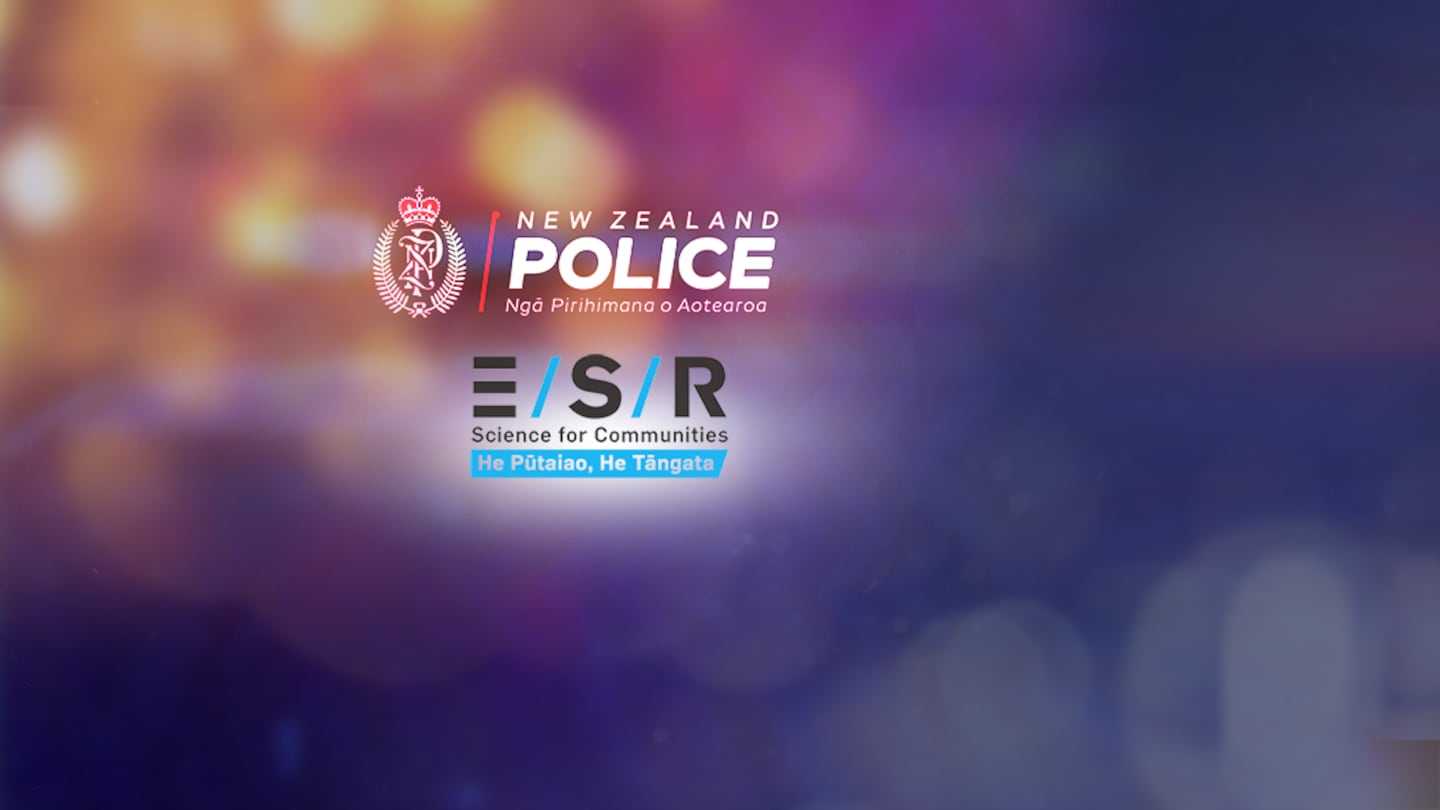In an effort to solve two of the most well-known cold cases in the nation — the unsolved murders of Mellory Manning and Alicia O’Reily — police and the Institute of Environmental Science Research (ESR) are evaluating the use of genetic testing through trial.
However, concerns have been raised about the trial and the potential for discrimination against Māori. That’s because Māori suspects are more likely than non-Māori to have a DNA sample taken by the police.
Genomics researcher and Māori data sovereignty advocate Dr Karaitiana Taiuru says he has a multitude of concerns for Māori, such as police forcing and taking advantage of a person’s vulnerability to take a DNA test and including the testing of whānau in relation to the original sample taken.
“We’ve got two unsolved murders, and it’s in the best interest of everybody that the police do what they can to find the suspect. I guess my concerns are Māori are going to be targeted as a result of this.
“The New Zealand Law Commission made a number of recommendations in 2020 pointing that there could be bias against Māori, cultural practices should be in place,” he says.
While there are no Māori cultural protocols in place to protect samples, Taiuru says the ESR will use them and won’t send Māori DNA samples overseas, instead taking a digital approach.
“Our DNA is not only our whakapapa, it’s our ancestors’ whakapapa. It’s also the future generation’s whakapapa. our DNA has everything about us and our whānau inside.
“We need to consider our DNA as our taonga. If we want to provide it to anyone, we should be talking to our whānau and discussing the possible risks.”
He calls it a breach of tapu for DNA to be kept on police records but also calls it justified when used in assistance to solve cases.




